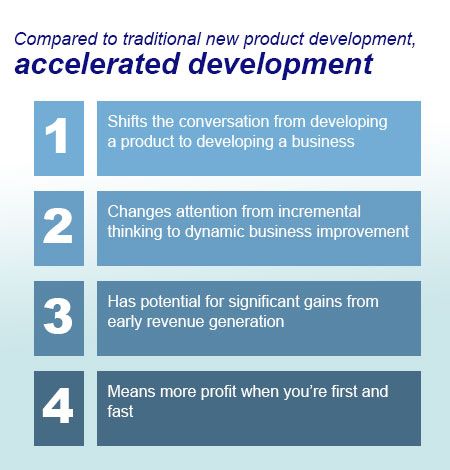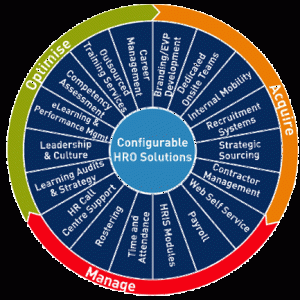
In today’s fast-paced and highly competitive tech industry, companies are constantly under pressure to stay ahead of the curve and deliver innovative solutions to their customers. To achieve this, many businesses have turned to offshore development as a means of accelerating their growth and gaining a competitive advantage. Offshore development refers to the practice of outsourcing software development tasks to offshore teams in countries with a lower cost of living and a skilled talent pool.
Cost Savings without Compromising Quality
One of the primary drivers behind the increasing popularity of offshore development is the ability to achieve significant cost savings without compromising on quality. Offshore teams are often located in countries where the cost of living is lower, which allows businesses to leverage this cost difference to their advantage. By outsourcing development tasks to these teams, companies can significantly reduce their operational costs, including labor costs, office rent, and infrastructure expenses.
Contrary to popular belief, cost savings in offshore development do not equate to a compromise in quality. Offshore teams are composed of highly skilled professionals who are proficient in the latest technologies and industry best practices. These teams strive to align their deliverables with the client’s expectations, ensuring that the final product meets the required standards of functionality, scalability, and security.
Access to a Wide Talent Pool
Another compelling reason for businesses to opt for offshore development is the access to a wide talent pool. Offshore teams are typically located in countries with strong educational systems and an emphasis on technical education. This allows companies to tap into a vast talent pool of skilled professionals who possess expertise in various programming languages, frameworks, and domains.
By having access to a larger pool of talent, businesses can handpick individuals with the right skill set and experience for their specific project requirements. This flexibility in team composition ensures that companies can assemble a team that is best suited to their needs, resulting in faster development cycles and superior end products.
24/7 Development Cycles and Time Zone Advantages
Offshore development also offers the advantage of round-the-clock development cycles. As teams are distributed across different time zones, businesses can leverage these differences to ensure continuous progress on their projects. By assigning tasks to offshore teams, companies can significantly reduce development timelines, allowing them to get their products to market faster than their competitors.
Moreover, the time zone advantage also enables businesses to provide seamless customer support. With offshore teams working on different shifts, companies can ensure that customer queries and issues are addressed without any delay. This enhances customer satisfaction and helps businesses build a positive reputation in the market.
Risk Mitigation through Diversification
Offshore development also offers businesses a way to mitigate risks associated with in-house development. By diversifying their development activities across different locations, companies reduce their dependency on a single team or location. This spreads the risk and minimizes the impact of unforeseen events such as natural disasters, political instability, or economic downturns that may disrupt operations in one location.
Furthermore, the geographical dispersion of development teams can also ensure that projects are not impacted by factors affecting a specific region. For example, a company with an offshore team located in a different region could continue development during a local epidemic or lockdown, thereby minimizing project delays and aiding business continuity.
Conclusion
Offshore development has emerged as an effective strategy for businesses in the tech industry to accelerate their growth. By leveraging the cost savings, access to a wide talent pool, 24/7 development cycles, and risk mitigation, companies can gain a competitive edge in the market. However, it is crucial for businesses to partner with reputable offshore development providers with a proven track record of delivering high-quality solutions. With the right approach and collaboration, offshore development can propel businesses towards faster growth and continued success in the rapidly evolving tech landscape.


